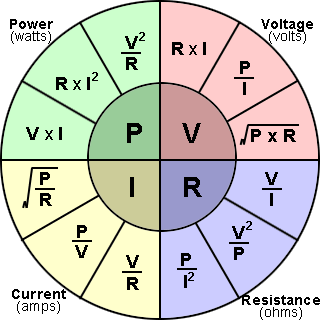For tv's i think its sure dc= more efficient. Also for small offgrid houses i think using an inverter is inefficient when you can run appliances on dc power.
Quote:We find that LED-LCD TV energy consumption can be reduced by about 50% by deploying commercially available, cost-effective efficiency technologies, including DC-only systems. This efficiency improvement reduces total SHS cost by about 25% because it allows use of 50% smaller PV and battery capacities compared to a base case.
https://www.sciencedirect.com/scienc...52728516300057
Quote:We find that LED-LCD TV energy consumption can be reduced by about 50% by deploying commercially available, cost-effective efficiency technologies, including DC-only systems. This efficiency improvement reduces total SHS cost by about 25% because it allows use of 50% smaller PV and battery capacities compared to a base case.
https://www.sciencedirect.com/scienc...52728516300057

Comment